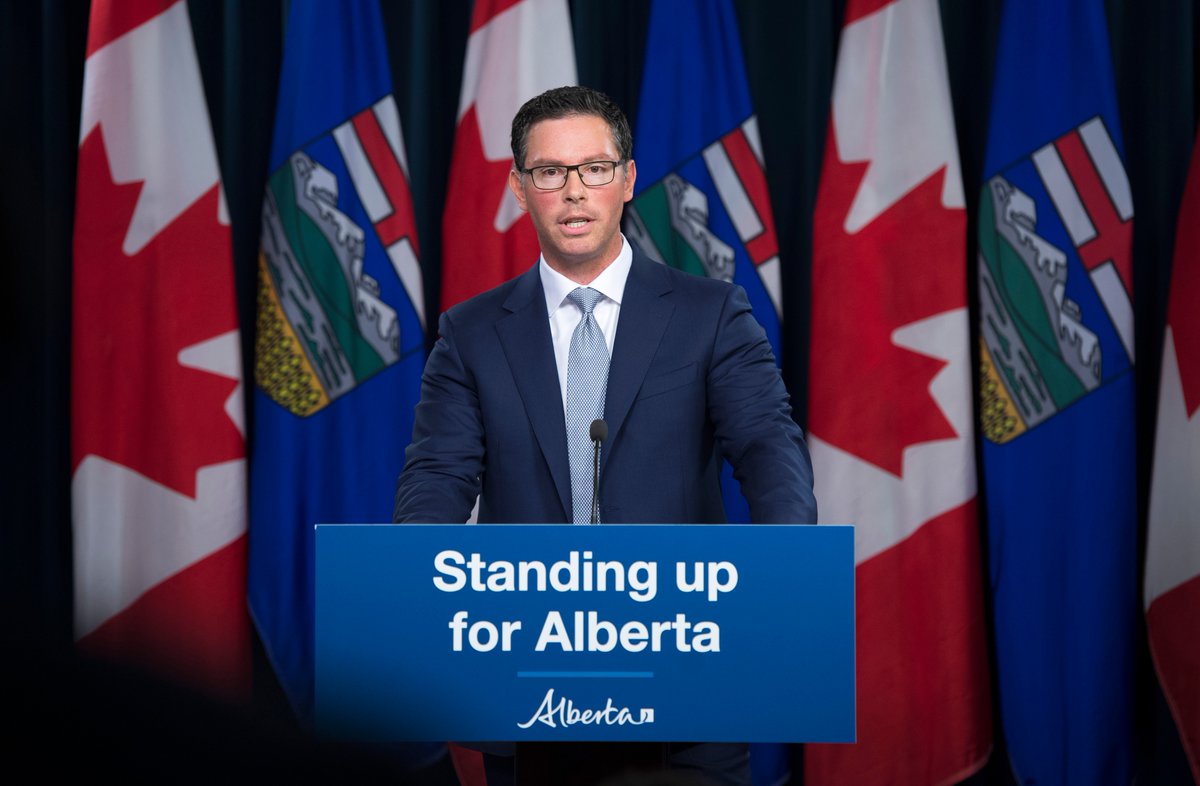
EDMONTON — Alberta’s United Conservative government plans to bring back elections for would-be senators and hold a vote in a little more than two years.
Justice Minister Doug Schweitzer introduced legislation Wednesday that would revive and update a law that allowed for four elections before it lapsed in 2016.
“(The bill) will continue Alberta’s push for the democratization of the Canadian Senate, so Alberta senators have a mandate from Albertans to be effective voices for our province in the federal Parliament,” Schweitzer told the house.
Under the bill, cabinet would decide when elections were held.
Premier Jason Kenney has said the next vote would be in conjunction with municipal elections across Alberta on Oct. 18, 2021.
Candidates would be allowed to run under the banner of established political parties or as Independents.
Up to three of the top finishers would have their names submitted to the federal government for consideration to replace outgoing senators.
However, the Governor General, acting on the advice of the prime minister, would not be bound by law to pick anyone on the list.
Senators can keep their job until age 75.
Elaine McCoy, a senator from Alberta, turns 75 in March 2021, which would be about seven months before the first Senate election proposed by the bill.
Kenney’s campaign for the April provincial election included bringing back votes for nominee senators, but the premier fast-tracked that promise last week after the Senate passed two energy bills that he says are prejudicial to Alberta’s energy interests.
He noted that while five of Alberta’s six senators voted to reject Bill C-48 banning tanker traffic on B.C.’s north coast, three of the six voted to reject Bill C-69 that rewrites the rules for assessing major energy projects. Critics and industry leaders say that will make it difficult for new energy megaprojects to be approved.
Kenney noted that two of the three senators who rejected Bill C-69 — Doug Black and Scott Tannas — were named to the upper chamber after winning senator-in-waiting elections.
That shows it’s time to bring back elections for senators who may be more amenable to voting for issues that benefit Albertans, he said.
Alberta is the only province that has chosen senators-in-waiting and has held four elections since the Senatorial Selection Act was passed under then-premier Don Getty in 1989. Five of 10 elected candidates have been named to the Senate.
The act lapsed at the end of 2016 under then-premier Rachel Notley’s NDP government.
Notley, now the leader of Alberta’s Opposition, said this week that the concept of Senate elections is expensive and flawed.
“Generally speaking, anything that would cost Albertans millions of dollars in order to legitimize a body in which Albertans are incredibly under-represented makes no sense,” she said.
“It’s wasteful, regressive, re-treaded politics.”